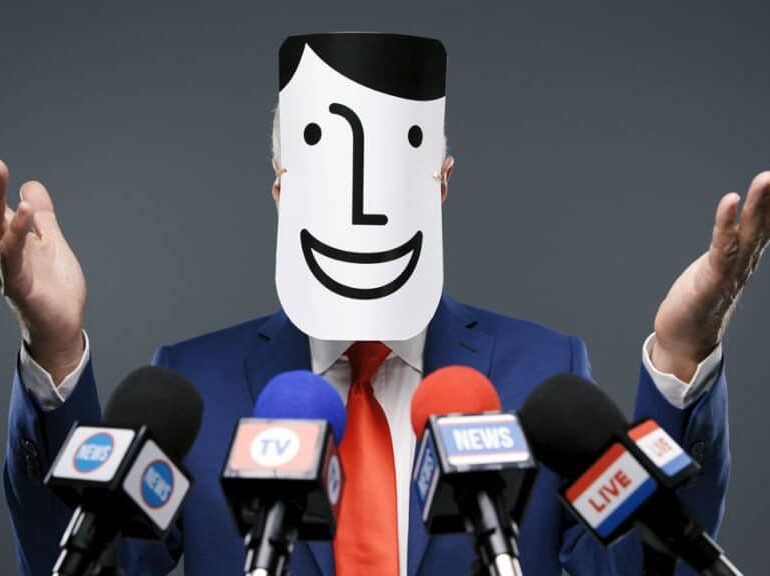
Federal Farmer: Politicians and Bureaucrats must be “Recallable”
By: TJ Martinell
Given the power various officers in the federal government would wield, the Federal Farmer believed that there needed to be a better mechanism to appoint them and remove them from power when necessary.
The Constitution delegated the power to appoint various officers to their positions to the president, with some, such as Supreme Court justices and military leadership, requiring the advice and consent of the Senate. In his thirteenth letter dated January 14, 1788, the Federal Farmer expressed reservations about this arrangement.
“To preserve the federal government pure and uncorrupt, peculiar precautions relative to appointments to office will be found highly necessary from the very forms and character of the government itself.”
Like most anti-federalists, and even many federalists, he was worried about the creation of a permanent military force. Furthermore, he expressed concern about the quality of men the president would appoint to positions in the military.
“We all agree, that a large standing army has a strong tendency to depress and inslave the people; it is equally true that a large body of selfish, unfeeling, unprincipled civil officers has a like, or a more pernicious tendency to the same point. Military, and especially civil establishments, are the necessary appendages of society; they are deductions from productive labour, and substantial wealth, in proportion to the number of men employed in them; they are oppressive where unnecessarily extended and supported by men unfriendly to the people; they are injurious when too small, and supported by men too timid and dependant. It is of the last importance to decide well upon the necessary number of offices, to fill them with proper characters, and to establish efficiently the means of punctually punishing those officers who may do wrong.” [bold emphasis added].
Although he didn’t mention this in prior letters discussing the Senate, the Federal Farmer raises similar critiques as Patrick Henry did during the Virginia Ratifying Convention regarding the power the Senate might have. Additionally, he contemplated whether a very popular president would have undue influence over the Senate.
“When we, as a circumstance not well to be avoided, admit the senate to a share of power in making treaties, and in managing foreign concerns, we certainly progress full far enough towards this most undesirable point in government. For with this power, also, I believe, we must join that of appointing ambassadors, other foreign ministers, and consuls, being powers necessarily connected.—In every point of view, in which I can contemplate this subject, it appears extremely clear to me, that the senate ought not generally to be a council of appointment.” [bold emphasis added].
His solution: Create an entirely separate council that would confirm presidential nominees.
He describes it as follows [bold emphasis added]:
“The fittest receptacle for this residuary power is clearly, in my opinion, the first executive magistrate, advised and directed by an executive council of seven or nine members, periodically chosen from such proportional districts as the union may for the purpose be divided into. The people may give their votes for twice the number of counsellers wanted, and the federal legislature take twice the number also from the highest candidates, and from among them chuse the seven or nine, or number wanted. Such a council may be rationally formed for the business of appointments; whereas the senate, created for other purposes, never can be—Such councils form a feature in some of the best executives in the union—they appear to be essential to every first magistrate, who may frequently want advice.”
He concludes that “to authorise the president to appoint his own council would be unsafe: to give the sole appointment of it to the legislature, would confer an undue and unnecessary influence upon that branch.”
Ultimately this proposal did not go anywhere, and the Constitution remained unchanged in this aspect, but it certainly raises questions as to how such an executive council might have functioned and voted differently than the Senate – which at the time was made up of members appointed by the state legislatures.
A recurring theme in this letter is the idea of recalling elected officials when they fail in their duty. Under the Constitution, impeachment is possible but the Federal Farmer felt this wasn’t sufficient; if a politician was failing to perform their role, the people and their legislatures needed a process to address it without having to wait for the next election.
He writes (bold emphasis added):
“To this end we ought to take every precaution to prevent legislators becoming mere office-men; chuse them frequently, make them recallable, establish rotation among them, make them ineligible to offices, and give them as small a share as possible in the disposal of them.Under such circumstances, men will not dare transgress, who, not deterred by such accusers and judges, would repeatedly misbehave.”